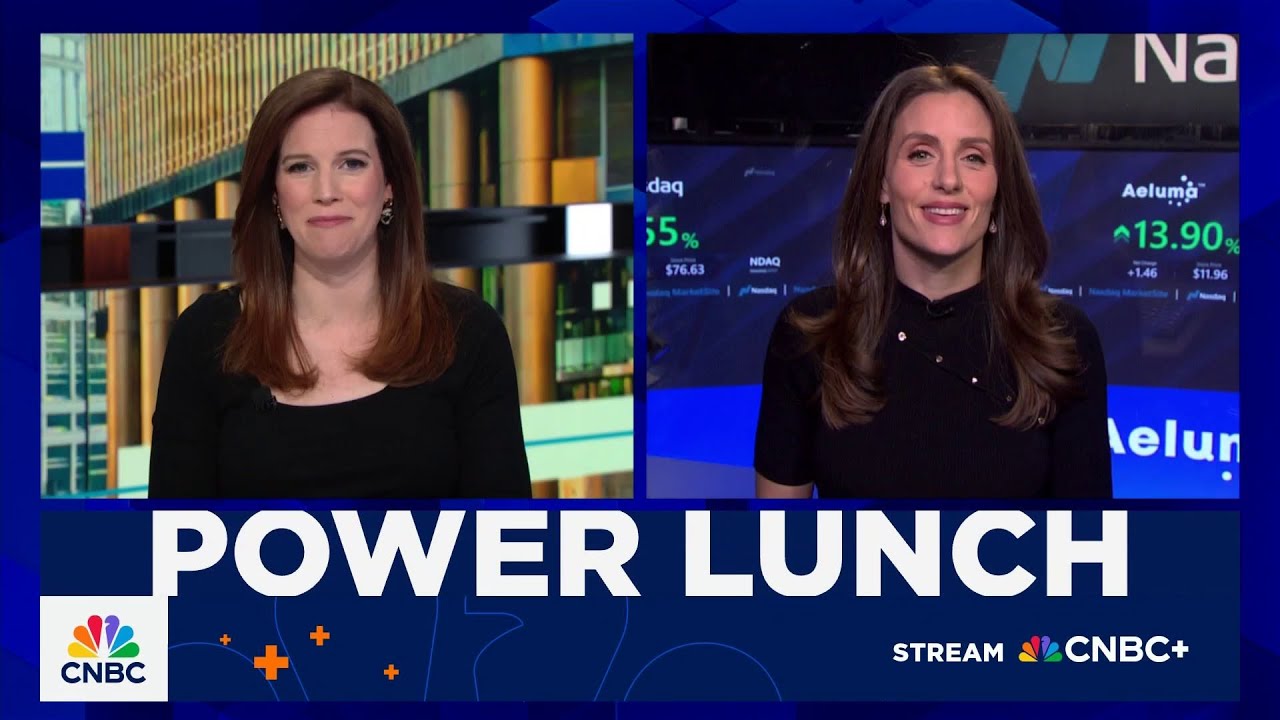The video covers a feud between Nvidia and Anthropic over AI chip exports and national security concerns, with Anthropic advocating for stricter export controls to prevent chip smuggling into China, while Nvidia emphasizes the importance of innovation and global market access. This controversy is intensified by upcoming U.S. export restrictions and potential political tightening, highlighting the complex balance between safeguarding security and fostering technological growth in the AI industry.
The video discusses a recent public feud between Nvidia and the AI startup Anthropic over issues related to AI chips and national security. Anthropic, backed by Amazon, called for tighter export controls on advanced semiconductors, citing concerns about chip smuggling into China. They described creative methods used by smugglers, such as hiding chips in prosthetic baby bumps, packing GPUs with live lobsters, and other covert tactics. Although Anthropic did not name Nvidia directly, their statements drew a response from the chipmaker.
Nvidia responded strongly to Anthropic’s accusations, dismissing the claims of chip smuggling as exaggerated or false. The core issue revolves around the Biden administration’s new export restrictions, known as the AI diffusion rule, which are set to take effect on May 15th. These controls aim to prevent China from advancing in AI by limiting exports of high-end chips and AI models. The restrictions are part of broader efforts to safeguard U.S. technological dominance, but they also create tension with companies that rely on exporting chips globally.
The controversy is further complicated by political developments, as President Trump is reportedly considering tightening these export restrictions even more. This potential escalation adds uncertainty to an already contentious policy environment. Anthropic’s stance is that maintaining America’s lead in AI requires stricter export controls, including lower thresholds for exports and increased enforcement funding. They argue that such measures are essential for national security and to preserve the U.S.’s competitive edge in AI technology.
Nvidia, on the other hand, defends its position by emphasizing the importance of innovation and the company’s role in advancing America’s AI capabilities. Nvidia argues that victory in AI should come from technological innovation rather than restrictive policies that limit the flow of chips and hinder growth. The company finds itself in a difficult position, trying to support U.S. leadership in AI while also selling chips to international markets, including China, which is a major consumer.
Overall, the feud highlights the complex balancing act faced by U.S. tech giants and policymakers. On one side, there is a push to protect national security and maintain technological superiority; on the other, there is a need to foster innovation and compete globally. As the global AI landscape becomes increasingly competitive, these disagreements underscore the challenges of navigating international trade, security concerns, and technological advancement in a rapidly evolving industry.
